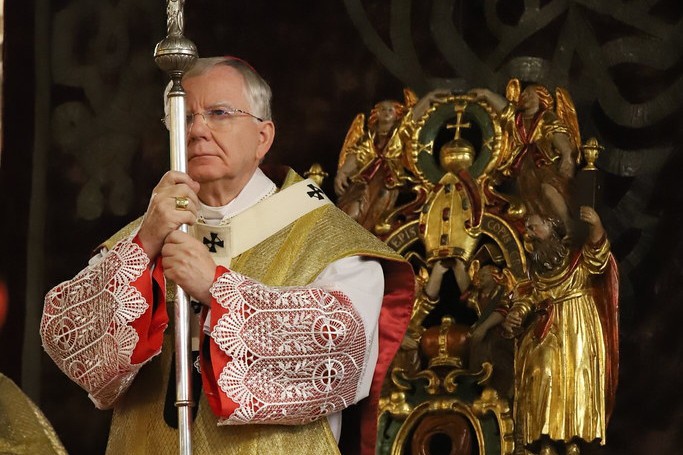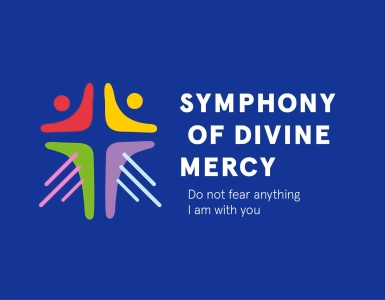Everything has its time, and there is a designated hour for all matters under heaven: There is a time of giving birth and a time of dying, a time of planting and a time of uprooting what has been planted, a time of killing and a time of healing, a time of demolition and a time of building, a time of crying and a time of laughter, the time of wailing and the time of tangles, the time of throwing stones and the time of collecting them, the time of carnal caresses and the time of abstaining from them, the time of seeking and the time of losing, the time of preservation and the time of throwing away, the time of tearing and the time of stitching, the time of silence and the time of speaking, the time of love and the time of hatred, the time of war and the time of peace. What will come to the worker from the hardship he inflicts on himself? I looked at the work that God had given to people to toil with. He did everything beautifully in His time, even giving them an idea of the history of the world, but so that man will not understand the works that God does from the beginning to the end.
Once when He prayed in private and the Disciples were with Him, He asked them: “Who do the crowds say that I am?” They answered: “For John the Baptist; others for Elijah; still others say that one of the prophets of old is risen”. He asked them: “Who do you say that I am?” Peter replied: “For the Messiah of God”. Then he severely commanded them and admonished them not to tell anyone. And, he added: “The Son of Man must suffer much: he will be rejected by the elders, the chief priests and the scribes; he will be killed, and on the third day he will be resurrected”.
“Everything has its time, and there is an appointed hour for all things under heaven: There is a time to give birth and a time to die, a time to plant and a time to uproot what has been planted, a time to kill and a time to heal, a time to demolish and a time of building” (Ecclesiastes 3:1-3).
It would seem that it is in these categories of constant change – when the next event is a kind of negation of the earlier one – that one can look at the sequence of events described in the Gospel passage read today according to St. Luke.
At first, to Jesus’ question: “And, who do you say that I am?” Peter, on behalf of all the Apostles, confessed that they recognized him as the Messiah of God (cf. Lk 9:20). Thus, Jesus’ chosen closest Disciples recognized in Him the One whom the prophets sent by God had foretold for centuries; The One who will bring the final and victorious solution to the problem of evil, sin and death for the world; He who will establish the messianic kingdom, which is a new paradise, surpassing the happiness lost by Adam.
Lateran, September 23, 2022





